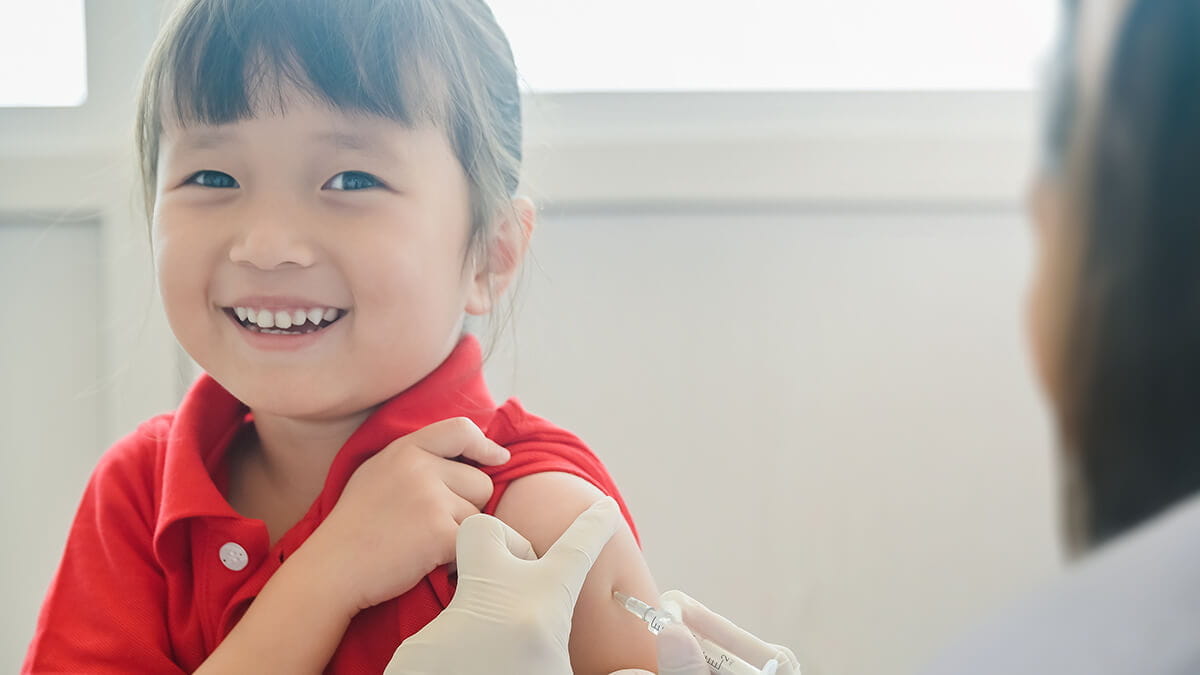Vaccinations cause our bodies to build up antibodies that keep us from contracting what could be fatal diseases. From smallpox to polio to measles and beyond, millions of lives worldwide are saved each year due to the advancements that have been made by the medical community in the form of immunizations. One recent and very relevant example is the COVID-19 vaccination, which protects individuals and offers very promising public health benefits as well. While some vaccinations are not received until adulthood and are dependent upon a person’s risk level—such as the shingles vaccination—routine childhood immunizations are incredibly important.
As a nurse practitioner, you know that it is better to prevent an illness than to treat one. And, by choosing to focus your career on pediatric nursing, you will most likely be speaking about the importance of vaccines on a regular basis to families and young patients. Communicating how diseases are spread, how the body fights diseases, and the importance of vaccines will be key.
Vaccinations Safely Build Immunity1
To prevent a disease, the body must build immunity, and in order for the body to do this, exposure to the disease must occur. When this happens, the immune system produces antibodies that recognize and repel the presence of foreign substances or toxins, also known as antigens. The immune system can then prevent future infections because it remembers antigens after their first occurrence. However, upon initial exposure to a specific antigen, such as pertussis, a child’s immune system may not produce antibodies quickly enough to prevent the disease. As a result, the child gets sick.
Childhood immunizations combat this potentially deadly course of action by safely exposing a child’s immune system to a disease. Each vaccine contains a portion of the antigens that cause a disease—enough to build immunity, but not enough for the disease to actually develop. Vaccinations thereby allow children to build vital immunities in a controlled environment with mitigated health risks.




